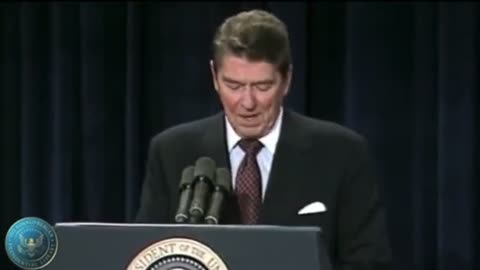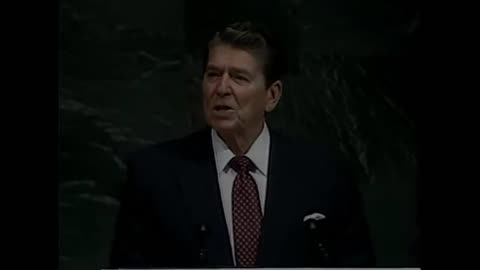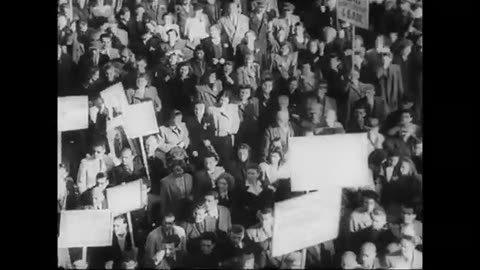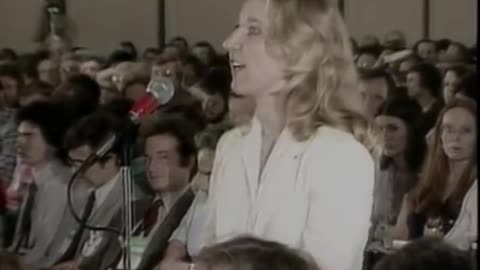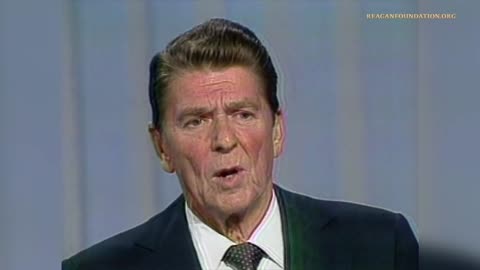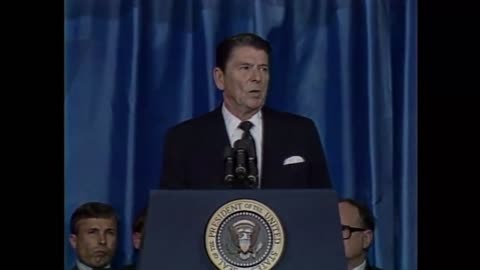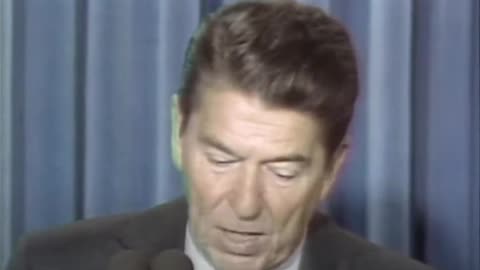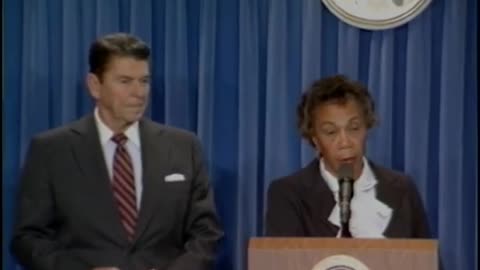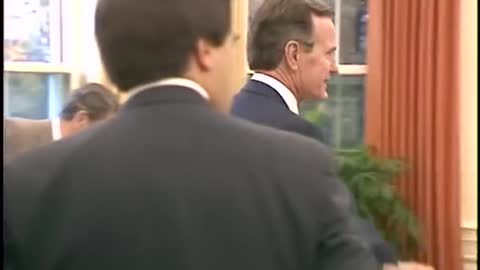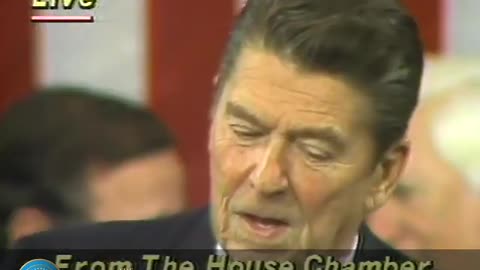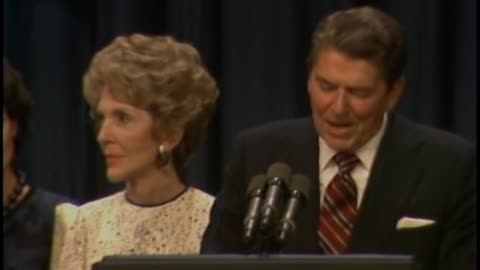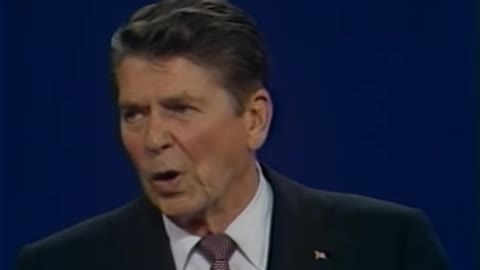Premium Only Content
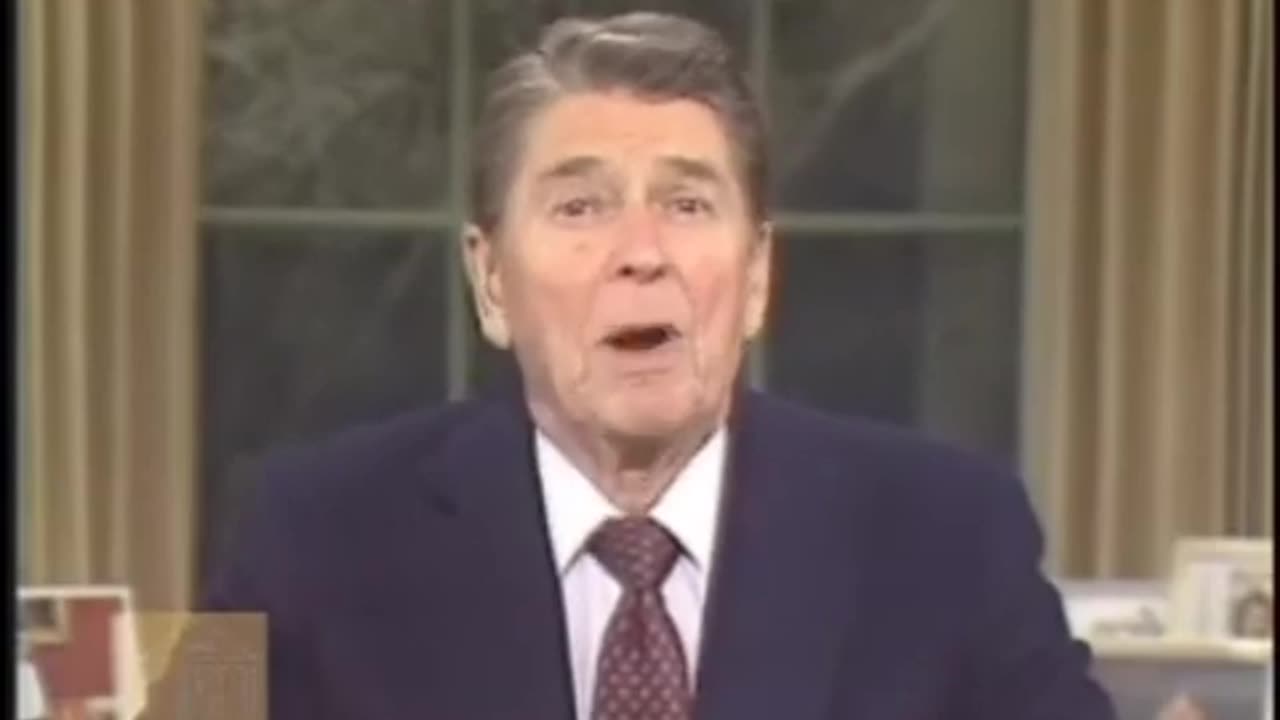
President Ronald Reagan - Farewell Address January 11th, 1989
Ronald Reagan: The nine most terrifying words in the English language are“
The Best of Ronald Reagan's United Nations General Assembly Speeches
"The Truth About Communism" documentary narrated by Ronald Reagan 1962
Ronald Reagan and George Bush Debate, April 23, 1980
Ronald Reagan: "Mr. Gorbachev, Tear Down This Wall!"
President Reagan's Address to the Nation Announcing Candidacy for Reelection, January 29, 1984
President Ronald Reagan's Best Debate Moments
President Ronald Reagan - "Evil Empire" Speech March 8, 1983
Ronald Reagan nominates Sandra Day O'Connor to the Supreme Court , 7/8/1981
President Reagan's Remarks on the Grenada Rescue Mission on October 25, 1983
President Reagan Greets President-Elect George Bush at White House on November 9, 1988
President Reagan Presenting the Presidential Medal of Freedom to Mother Teresa
President Reagan's Address Before a Joint Session of Congress on Economy Recovery - 02/18/1981
President Reagan Presents the Presidential Medal of Freedom Award to Kate Smith on October 26, 1982
President Reagan's Address to the Nation on U.S. Air Strike against Libya - 4/14/86
We begin bombing in five minutes: Infamous Ronald Reagan Joke
Ronald Reagan's Inaugural Address, January 20, 1981
President Reagan's Remarks at the Reelection Victory Celebration on November 6, 1984
Ronald Reagan's Acceptance Speech at Republican National Convention, July 17, 1980
Ronald Reagan's Remarks "The Myth of the Great Society" 1965-66
President Ronald Reagan - Farewell Address January 11th, 1989
President Ronald Reagan - Farewell Address January 11th, 1989
Ronald Wilson Reagan (/ˈreɪɡən/ RAY-gən; February 6, 1911 – June 5, 2004) was an American politician and actor who served as the 40th president of the United States from 1981 to 1989. A member of the Republican Party, his presidency constituted the Reagan era, and he is considered one of the most prominent conservative figures in American history
In 2008, British historian M. J. Heale summarized that scholars had reached a broad consensus in which "Reagan rehabilitated conservatism, turned the country to the right, practiced a 'pragmatic conservatism' that balanced ideology with the constraints of government, revived faith in the presidency and American self-respect, and contributed to critically ending the Cold War", which ended with the dissolution of the Soviet Union in 1991. Many conservative and liberal scholars have agreed that Reagan has been the most influential president since Roosevelt, leaving his imprint on American politics, diplomacy, culture, and economics through his effective communication of his conservative agenda and pragmatic compromising. During the initial years of Reagan's post-presidency, historical rankings placed his presidency in the twenties. Throughout the 2000s and 2010s, his presidency was often placed in the top ten.
Many proponents, including his Cold War contemporaries, believe that his defense policies, economic policies, military policies, and hard-line rhetoric against the Soviet Union and communism, together with his summits with Gorbachev, played a significant part in ending the Cold War. Professor Jeffrey Knopf argues that while Reagan's practice of referring to the Soviet Union as "evil" probably made no difference to the Soviet leaders, it possibly gave encouragement to Eastern European citizens who opposed their communist regimes. President Truman's policy of containment is also regarded as a force behind the fall of the Soviet Union, and the Soviet invasion of Afghanistan undermined the Soviet system itself. Nevertheless, Melvyn P. Leffler called Reagan "Gorbachev's minor, yet indispensable partner, setting the framework for the dramatic changes that neither anticipated happening anytime soon”
-
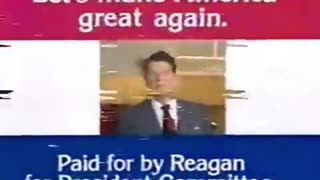 0:47
0:47
Ronald Reagan Channel
5 months agoRonald Reagan’s 1980 make America great again presidential ad.
5431 -
 2:45:39
2:45:39
Tundra Tactical
12 hours ago $31.09 earnedTundra Nation Live : The Worlds Okayest Gun Live Stream
58.9K1 -
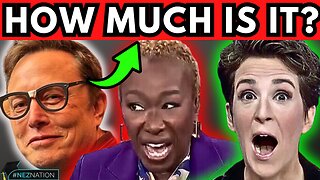 17:06
17:06
Professor Nez
10 hours ago🚨BREAKING: Elon Musk to BUY MSNBC!? Dems STUNNED by Brian Williams’ Viral Video!
52.2K66 -
![If You Smell LALALALA What CHiLi IS COOKING!!... #RUMBLETAKEOVER [Overwatch 2]](https://1a-1791.com/video/s8/1/e/s/X/3/esX3u.0kob-small-If-You-Smell-LALALALA-What-.jpg) 4:27:40
4:27:40
CHiLi XDD
12 hours agoIf You Smell LALALALA What CHiLi IS COOKING!!... #RUMBLETAKEOVER [Overwatch 2]
31K1 -
 12:00:03
12:00:03
Delnorin Games
13 hours ago🔴 Live - Star Citizen
68.7K13 -
 1:39:44
1:39:44
HELMET FIRE
14 hours agoDEADROP IS BACK!
151K10 -
 10:03
10:03
Tundra Tactical
16 hours ago $15.40 earnedBrandon Herrera Vies Bid for ATF Director!
97.2K17 -
 22:01
22:01
DeVory Darkins
1 day ago $37.55 earnedHakeem Jeffries SHUTS DOWN The View as Matt Gaetz Speaks out
85.6K140 -
 2:02:54
2:02:54
Mally_Mouse
15 hours agoLet's Play!! - Spicy Saturday
64.3K2 -
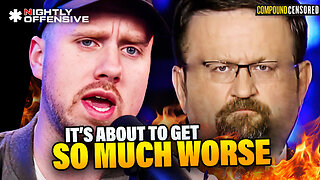 1:33:06
1:33:06
Slightly Offensive
16 hours ago $31.89 earnedAre You Ready for What's Coming Next? | Just Chatting Chill Stream
80.6K42

